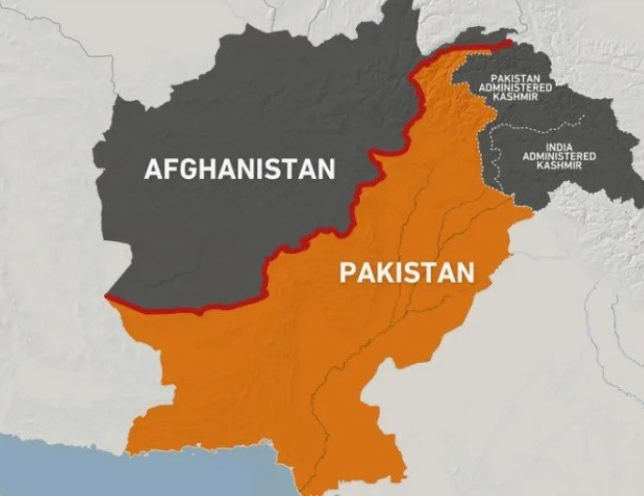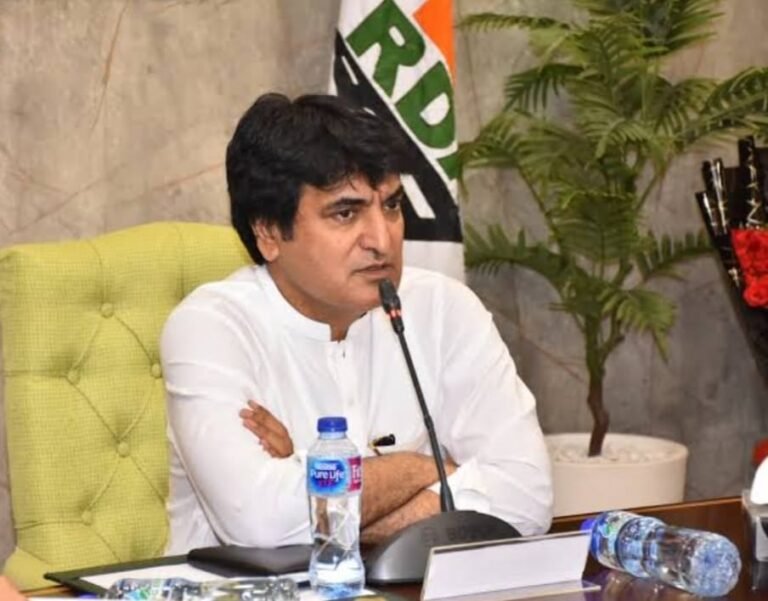Six of the best ferry crossings in the UK – from the Isles of Scilly to the Outer Hebrides
With unique views, fascinating history and opportunities for wildlife-spotting, taking a small boat across a river or to an island can be a holiday highlight The hills of the Scottish Highlands were still in sight when the cry went up: “Whale!” And there it was, a humpback on the port side of the Caledonian MacBrayne…
With unique views, fascinating history and opportunities for wildlife-spotting, taking a small boat across a river or to an island can be a holiday highlight
The hills of the Scottish Highlands were still in sight when the cry went up: “Whale!” And there it was, a humpback on the port side of the Caledonian MacBrayne ferry, blasting a great cloud of mist from its blowhole, then with a farewell flick of its tail, disappearing into the Atlantic. On other voyages you may see glorious sunsets, rare migratory birds, ruined castles and historic lighthouses. Unlike the classic road trip or the great railway journey, however, the humble ferry rarely makes it to anyone’s bucket list. They are a means to an end, only chosen by necessity. And yet, the UK has some of the best and most exhilarating voyages within its borders. From exciting river crossings to island odysseys that test the mettle of the best sea captains, these boat journeys can be the high point of any trip.
Powered by WPeMatico






